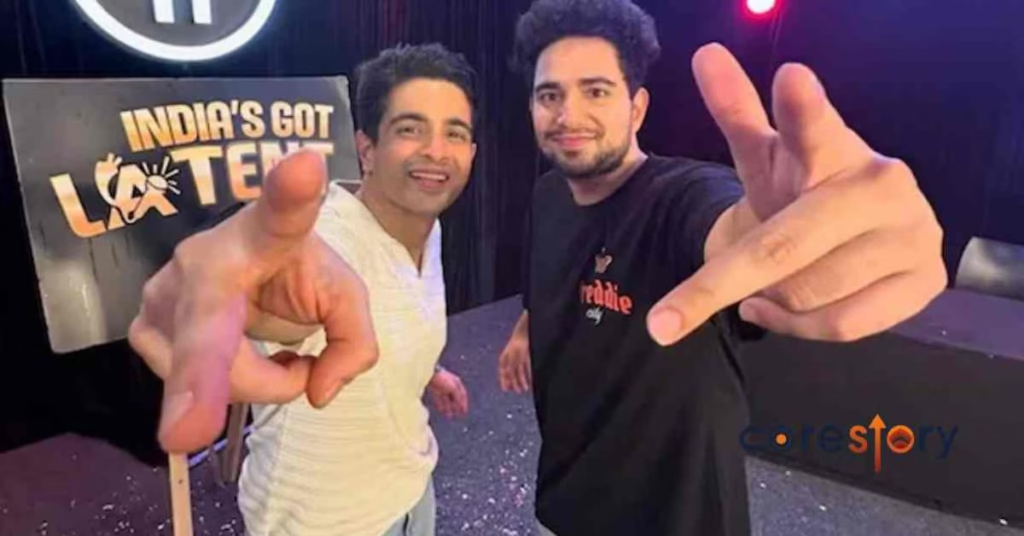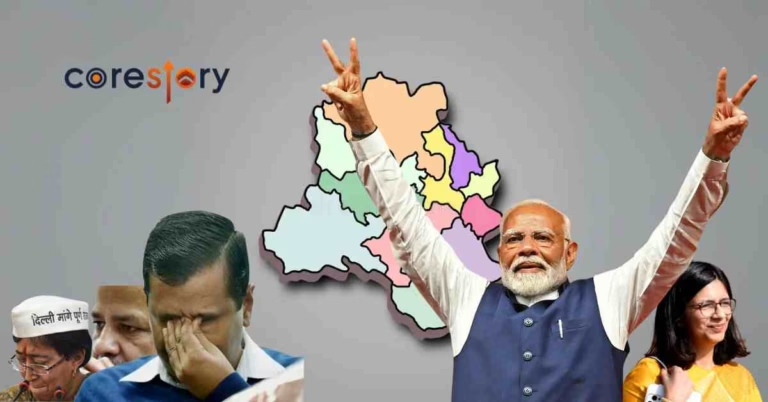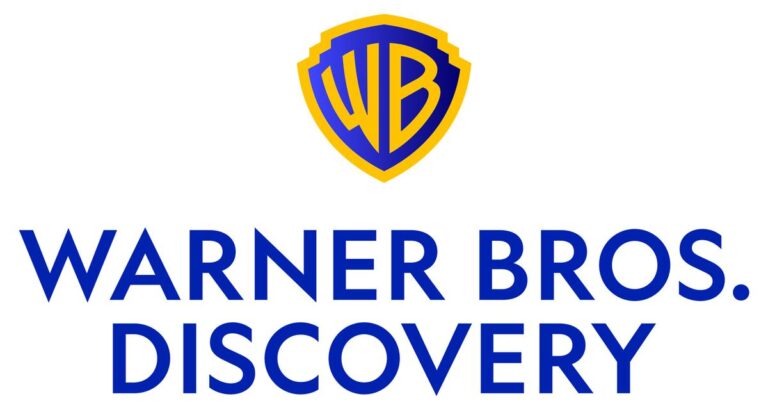
The internet is once again divided, this time over YouTuber Ranveer Allahbadia’s remark on the stand-up comedy show India’s Got Latent. Attempting to match the show’s dark humor, his question sparked online outrage, leading to a wave of criticism, memes, and ultimately, an apology. While many condemned the comment as offensive, others are questioning whether India is becoming too sensitive when it comes to comedy.
The Controversy: A Joke Gone Wrong?
Ranveer’s remark—controversial and undeniably inappropriate—was in line with the edgy, no-holds-barred humor that defines India’s Got Latent. His comment, however, did not sit well with a section of viewers, who deemed it offensive and called for greater responsibility from public figures. As the backlash grew, Ranveer issued an unequivocal apology, acknowledging that his remark was inappropriate and emphasizing that comedy is not his forte. He also took steps to have the insensitive portions of the video removed.
The Larger Question: Should Every Joke Be Policed?
The backlash against Ranveer Allahbadia isn’t an isolated case. It follows a pattern where comedians, podcasters, and content creators increasingly find themselves at the center of online outrage. The question is, where do we draw the line? Should offensive jokes be met with criticism and accountability, or does this signal an increasing intolerance toward humor?
Humor, especially dark humor, is subjective. What one person finds hilarious, another might find deeply inappropriate. In a diverse country like India, this subjectivity is even more pronounced. However, with social media amplifying voices, cancel culture is becoming a norm—where even a single statement can lead to a person being virtually hounded.
The Role of Media: Criticism or Trial by Public Opinion?
While accountability is necessary, there is also the argument that media trials tend to disproportionately escalate such incidents. A single remark, made in an attempt at humor, can lead to days of trending hashtags, character assassinations, and intense scrutiny. The relentless cycle of outrage often drowns out nuance—whether it be an apology, a clarification, or a genuine attempt at rectifying the mistake.
A Changing Landscape for Comedy
Comedy, by its nature, pushes boundaries. Shows like India’s Got Latent thrive on the premise of dark humor and shock value. But the increasing scrutiny of online content raises a fundamental debate: Should people have the choice to simply not engage with content they don’t like, or should there be stricter moral policing of what is acceptable?
Ranveer Allahbadia has accepted his mistake, apologized, and taken corrective action. But the discourse around this controversy is perhaps more significant than the controversy itself. It forces us to ask—are we holding people accountable, or are we becoming a society that refuses to move past outrage?
- The Great Indian Subscription Boom: Why Everyone Wants a Slice of Your Monthly Budget
- Best Time to Travel to Cancun: A Complete Guide for Every Traveler
- The Silent War for India’s Tier-2 & Tier-3 Wallets: How Small-Town Consumers Are Reshaping Big Business
- The Decline of Fax Machines: A Legacy Fading in the Digital Age
- Digital Personal Data Protection Act India 2023







1 thought on “Ranveer Allahbadia India’s Got Latent Controversy: Is India Becoming Too Sensitive to Comedy?”